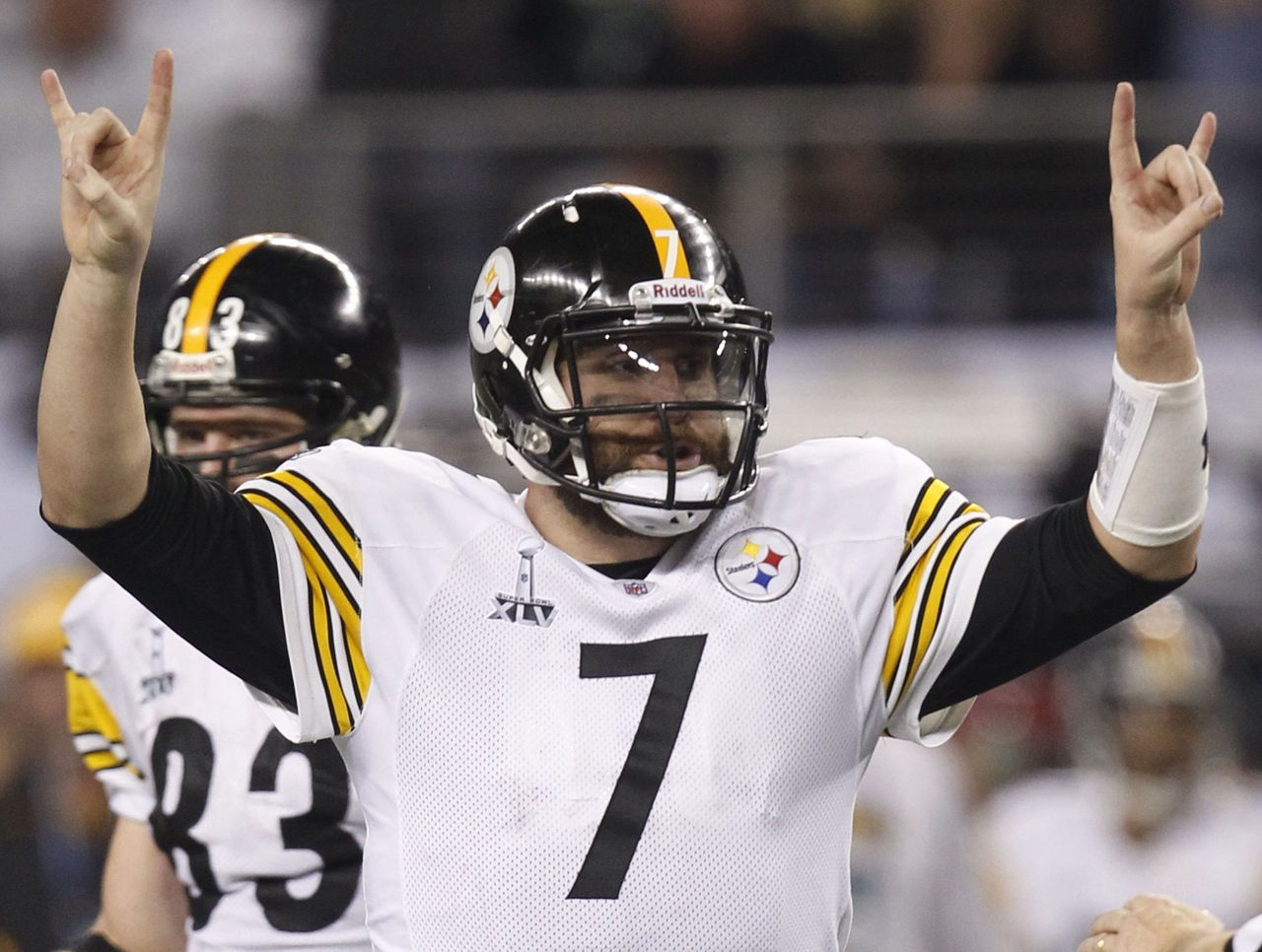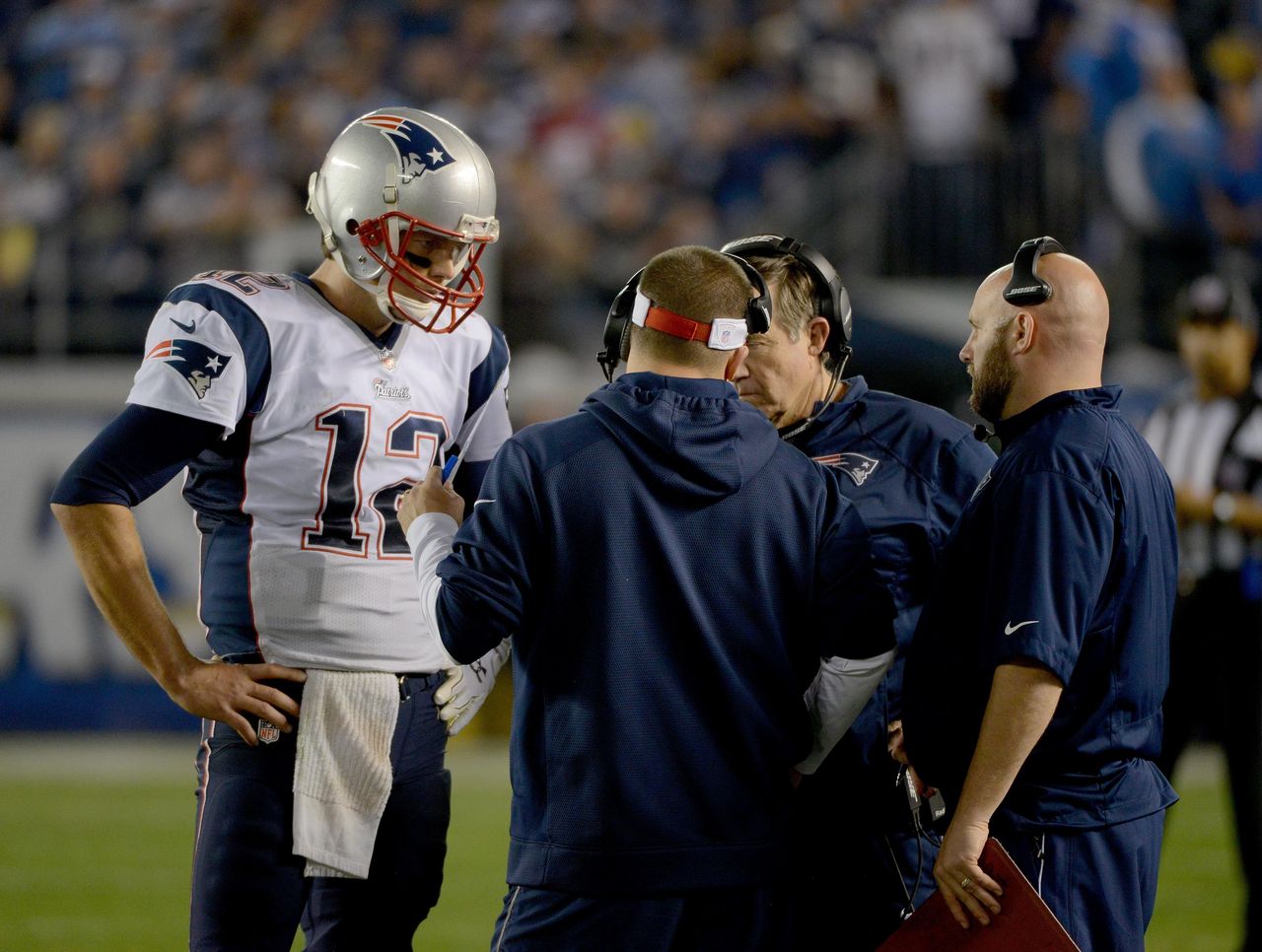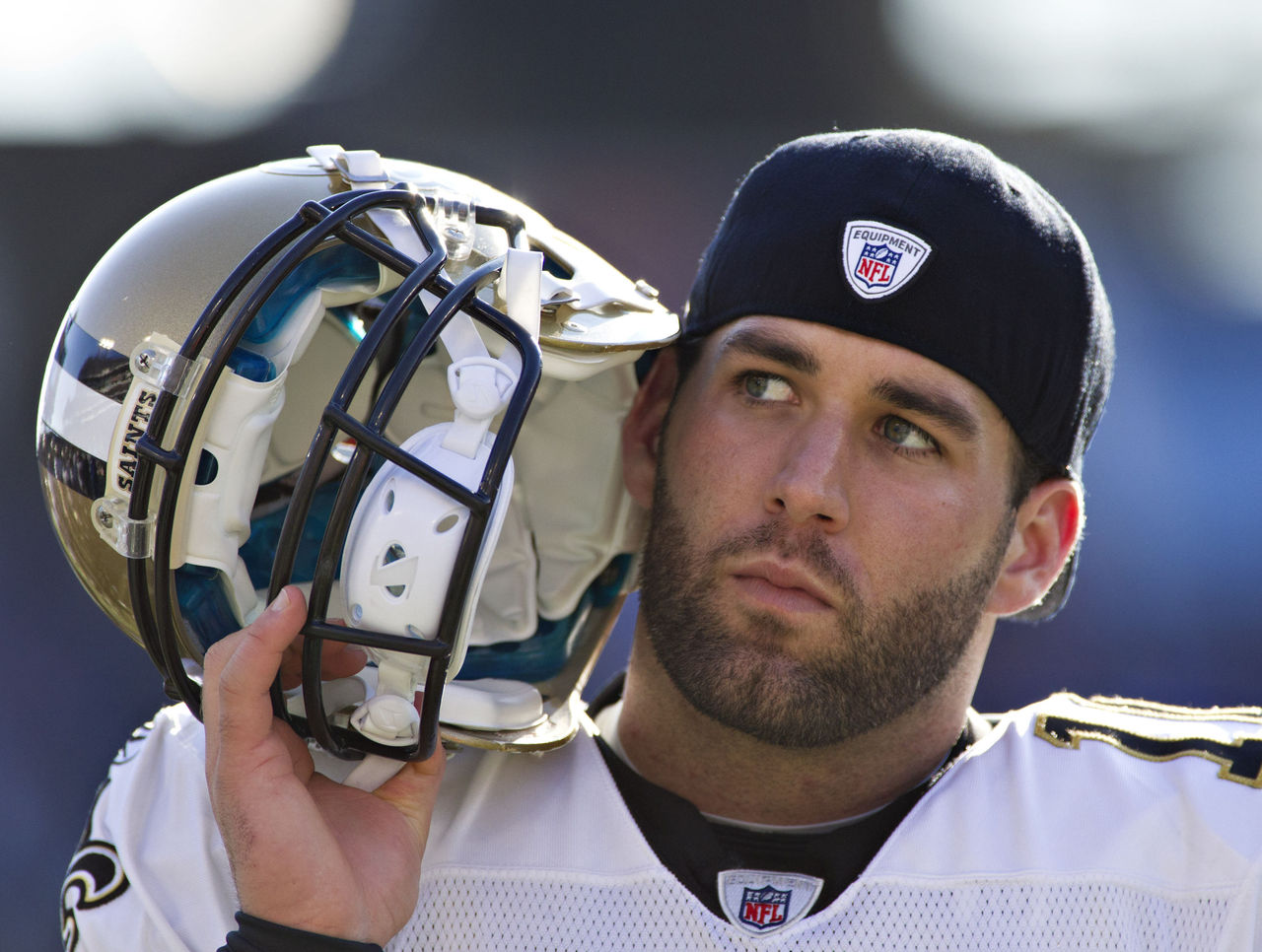Revolutionizing the Game: 3 approaches that could improve NFL coaching

The NFL has never been more popular, but the league is far from perfect and must push to remain at the cutting edge of sports and entertainment. In theScore's Revolutionizing the Game series, our NFL editors pitch their radical ideas for improving the NFL in four key areas.
- Rule changes
- Coaching
- Player safety
- Fan experience
It's time to stop punting and start going for 2

Head coaches are scared to try inventive but risky strategies because of the potential backlash if they fail. But there's considerable merit to the argument that a timid approach is actually costing coaches wins. An aggressive, "Madden"-like style of coaching could revolutionize the way games are played.
It may sound insane but statistically the most logical decisions are to never punt unless under extreme circumstances (backed up within your own 5-yard line on fourth-and-20, for example), to elect always to onside kick instead of kicking off, and to opt to always go for two points instead of kicking a PAT.
A high school head coach demonstrated that never punting and always using the onside kick is a statistically viable option. The relatively minor field position lost or the opponents' increased percentage chance of scoring if an onside kick or fourth-down conversion fails are worth the extra possessions earned.
In 2015, NFL kickers made 94.2 percent of PATs, while 47.9 percent of two-point attempts were successful. This means teams would score 0.15 more points for every 10 touchdowns if those percentages hold true.
The Steelers made the first real attempt to go for two outside of when necessary in 2015, and came away with an 8-for-11 success rate, indicating teams could be even more successful when crafting the two-pointer into their game plans.
It would require a brave coach and an owner willing to weather the inevitable storm from the media and fans to attempt a strategy as bold as this, but it might only take one; the NFL is a copycat league, so once it's proven to work, the rest of the league would likely follow. - Jack Browne
Coaching by committee

As the game evolves, it's becoming clear that one man can't control every aspect of a football team.
Coordinators have been given increasingly bigger roles in play-calling, so the leap to a head-coach-by-committee approach isn't as absurd as it may initially seem. A coaching triumvirate of sorts may be on the horizon, giving franchises the ability to maximize certain talents of coaches while minimizing their flaws.
As the cliche states, "winning isn't everything, it's the only thing," so if you were an owner and could combine Sean Payton's creativity with Pete Carroll's motivational skills and Bill Belichick's game management expertise, wouldn't you? You could have a scenario where one of your coaches handles the media, while others handle game planning and in-game decision-making.
With players becoming bigger partners in the game, professional football is heading away from a top-down military style management system, and a team of coaches with equal authority could foster the kind of management specialization that's flourished in certain areas of corporate culture.
Envision a world where all coaching decisions are made by a consensus or even a majority vote. The potential for disaster certainly exists, but the benefits are evident for forward-looking franchises. - Joe Thomson
Put a headset in every player's helmet

Sideline communication systems were first put into the helmets of quarterbacks in 1994, and defenses have been permitted the same one-way radios for a single designated player since 2008.
Each system is used to relay play calls to an on-field captain. That player either relays the directions in a huddle or can signal out to his teammates during a hurry-up situation. As offenses around the league continue to make use of spread and hurry-up concepts, the NFL should consider bringing along the necessary technology to further that movement.
Putting one-way headsets in the helmet of every player will allow play calls to make their way on to the field quickly and without confusion. Any fans put off by the slow pace of football could conceivably be drawn to the more seamless up-tempo approach, and the league certainly wouldn't be against a movement that results in more points.
Offenses could still slow down and make substitutions when necessary, but such a development could give teams the opportunity to do away with the huddle entirely. - Dan Wilkins